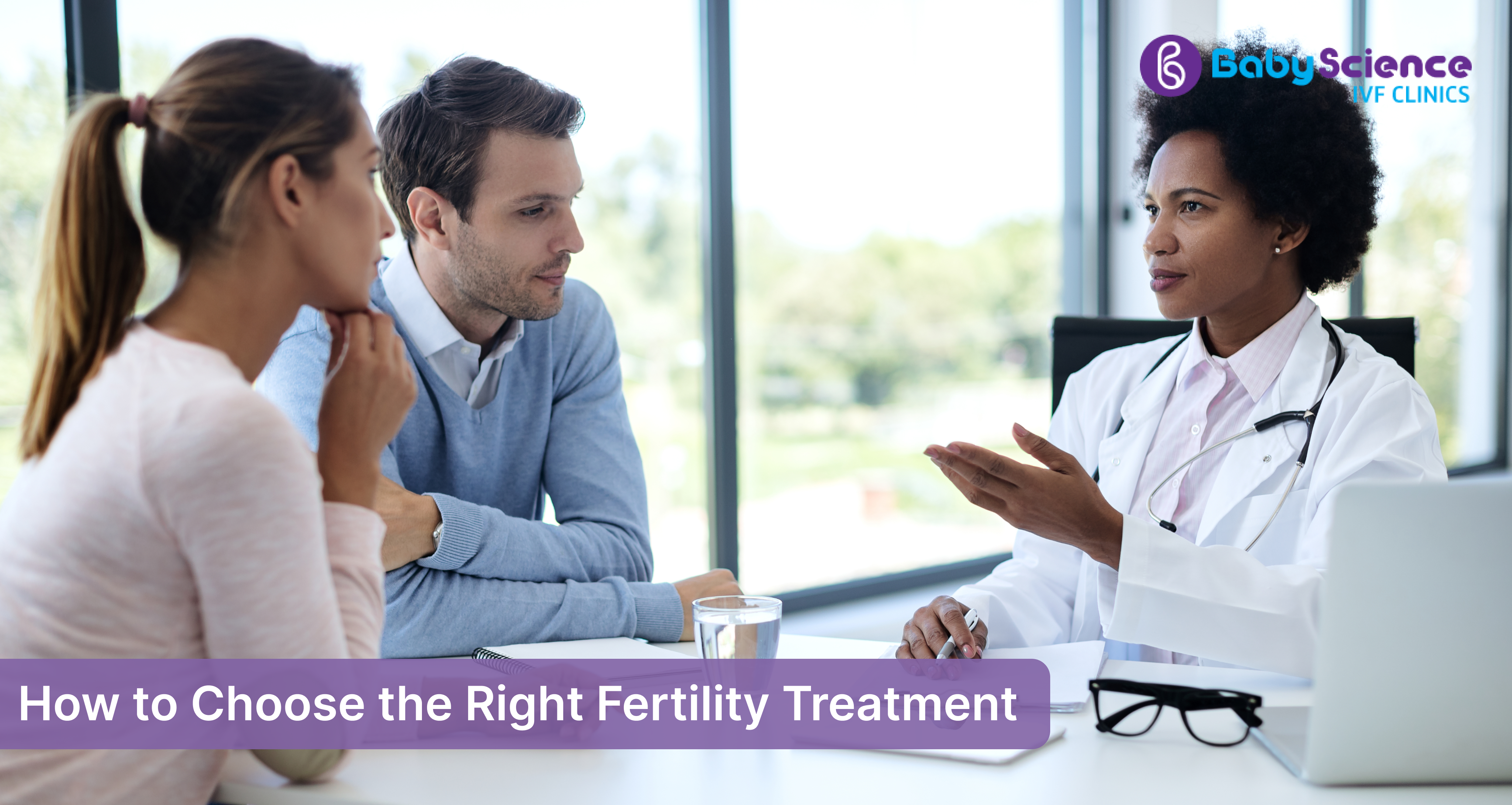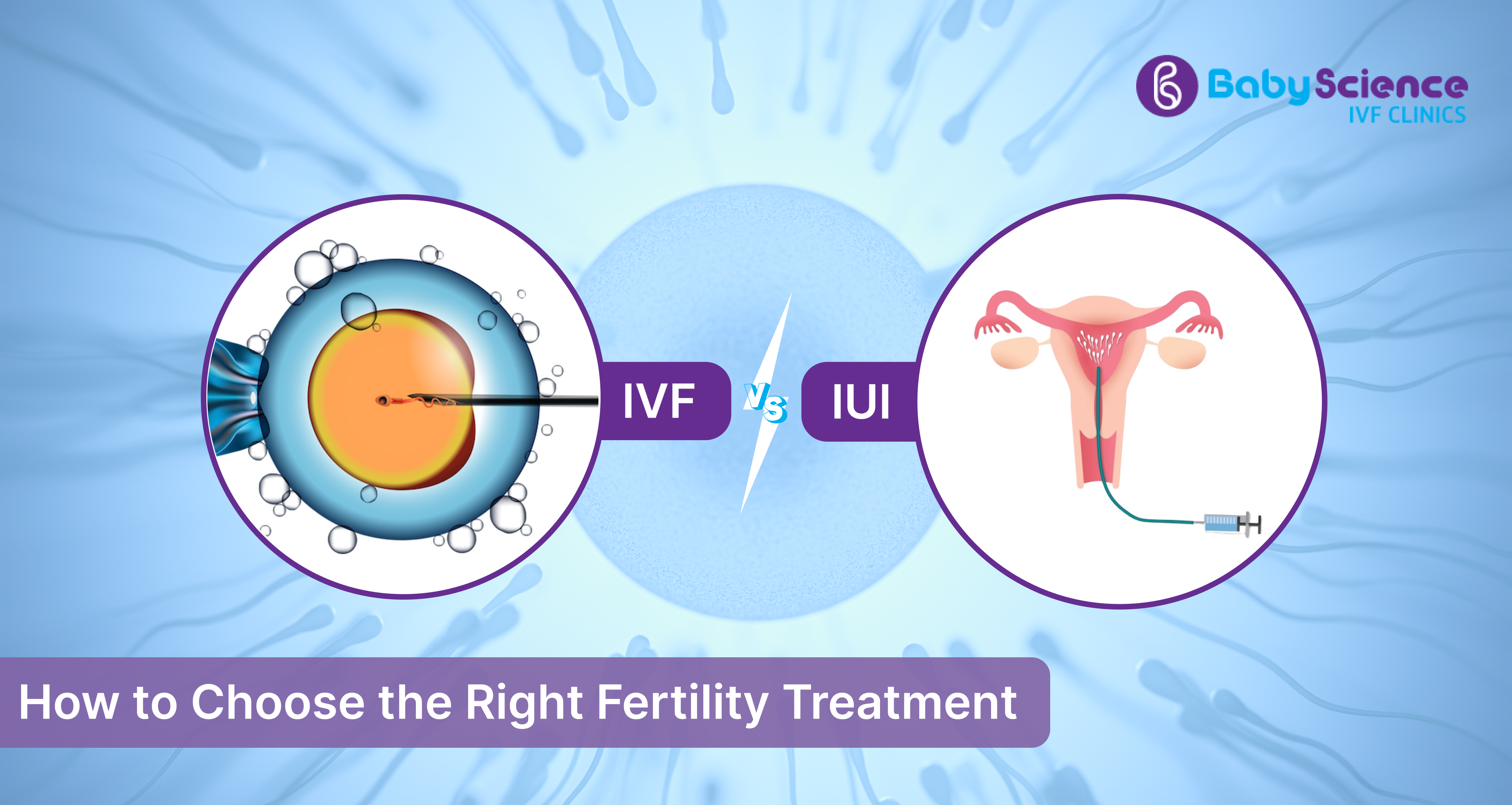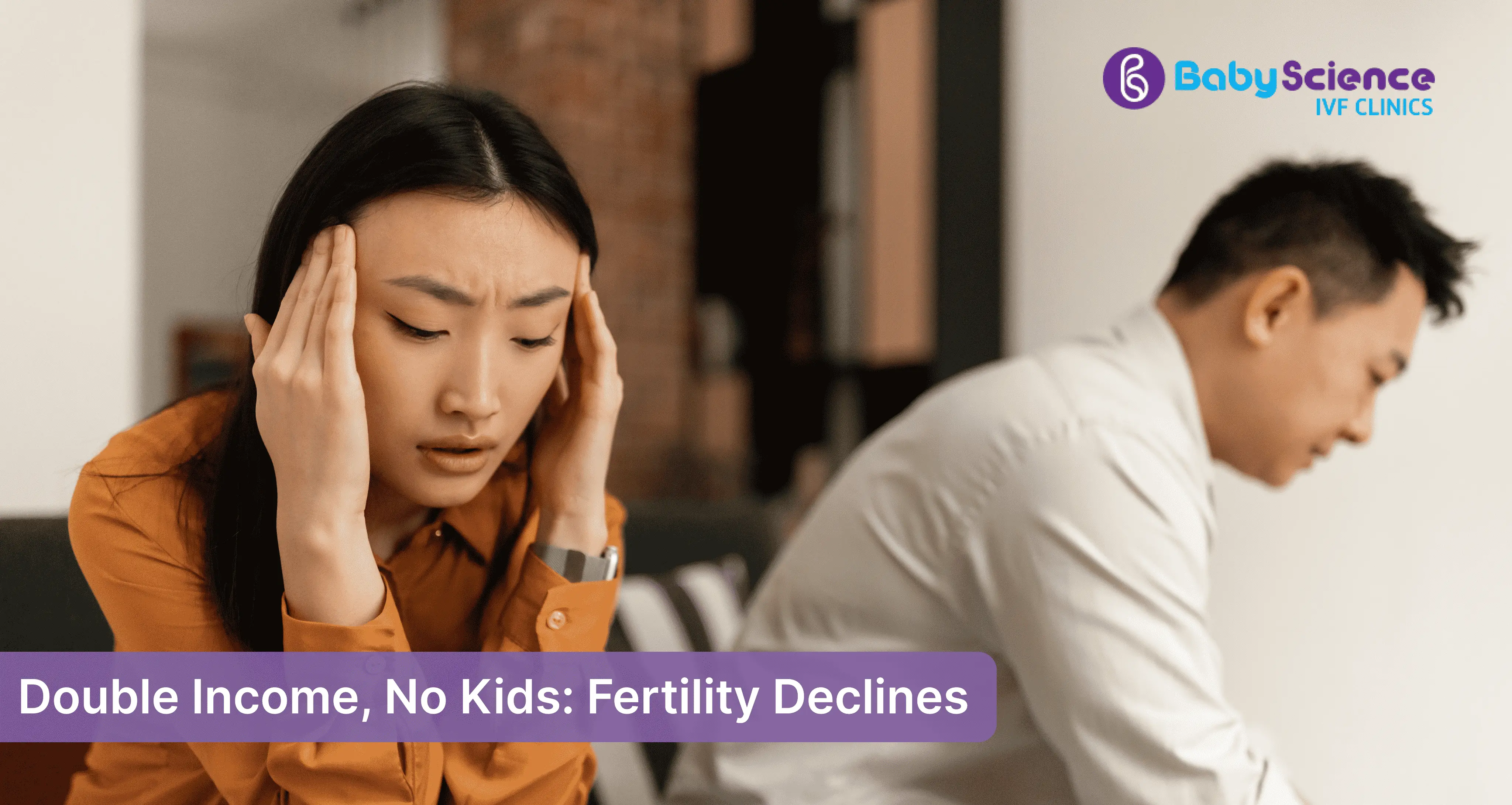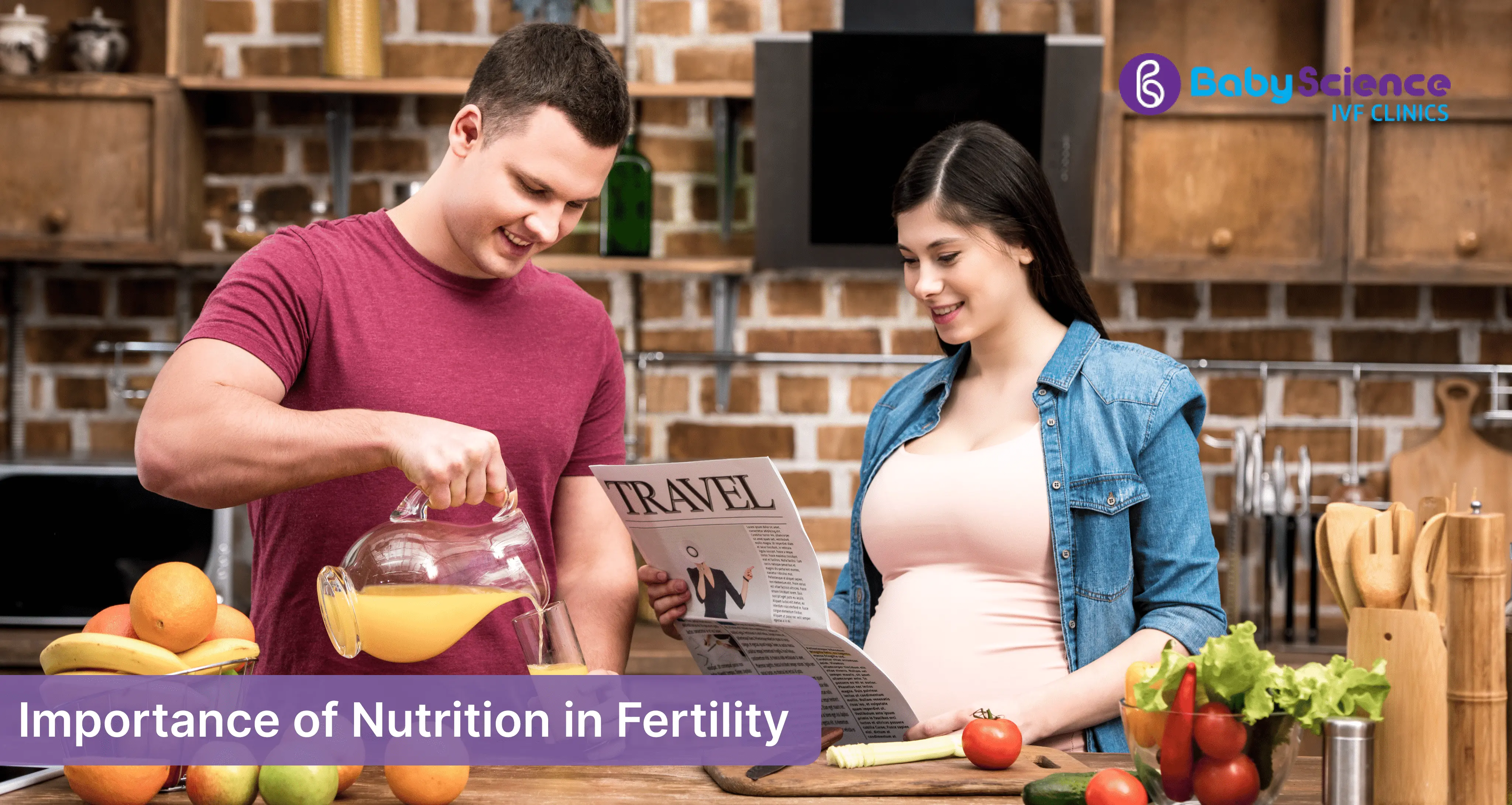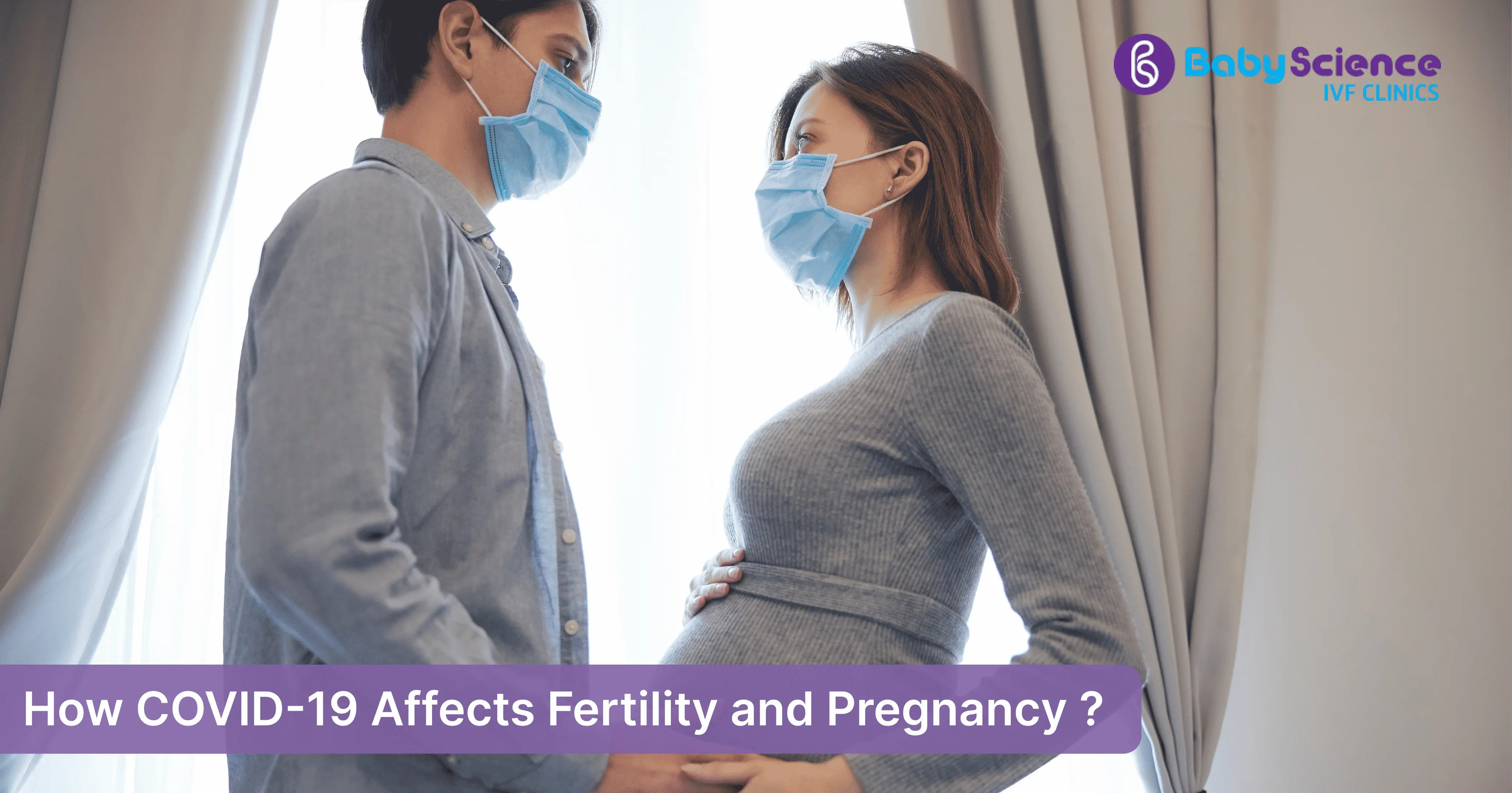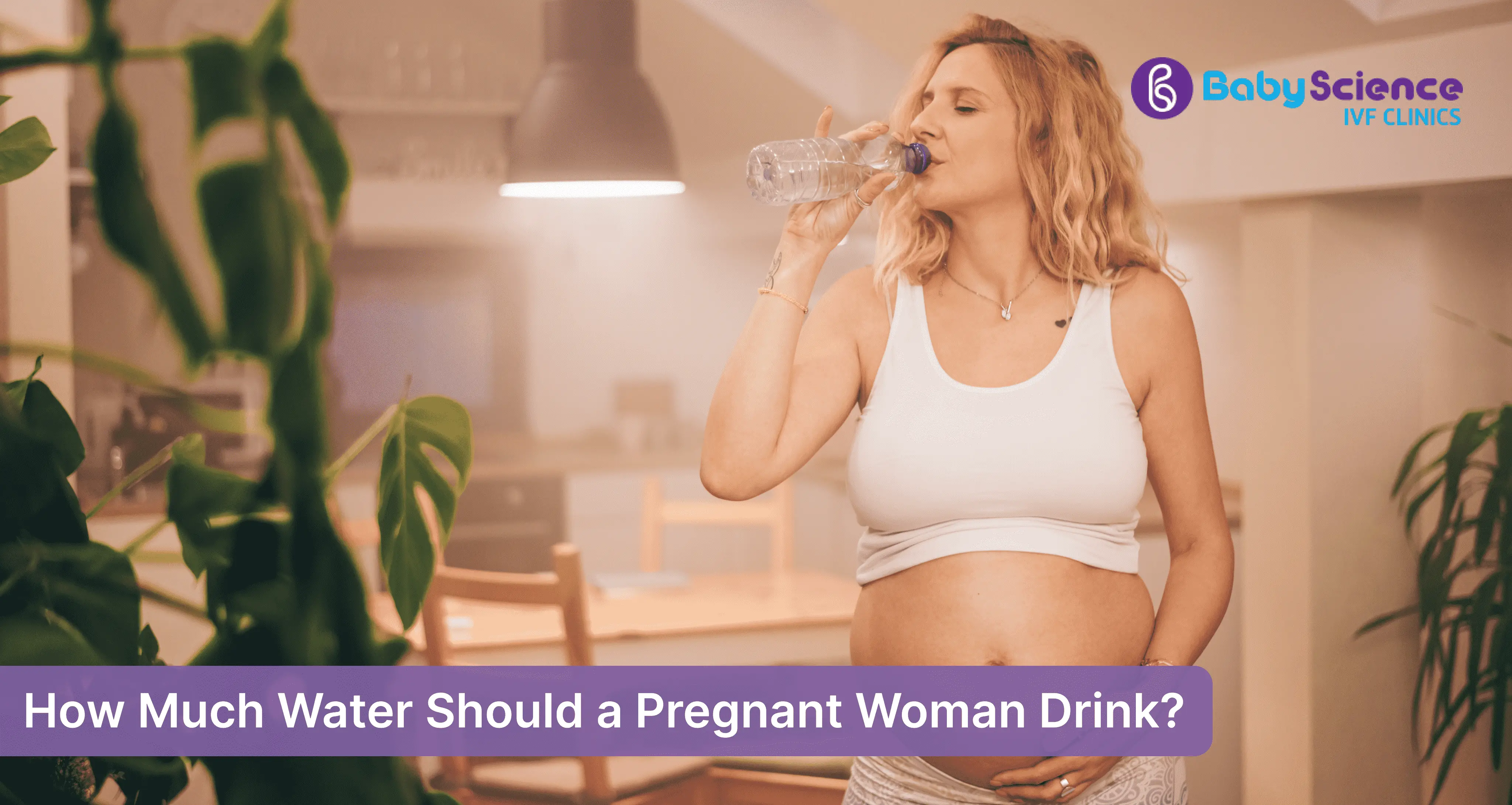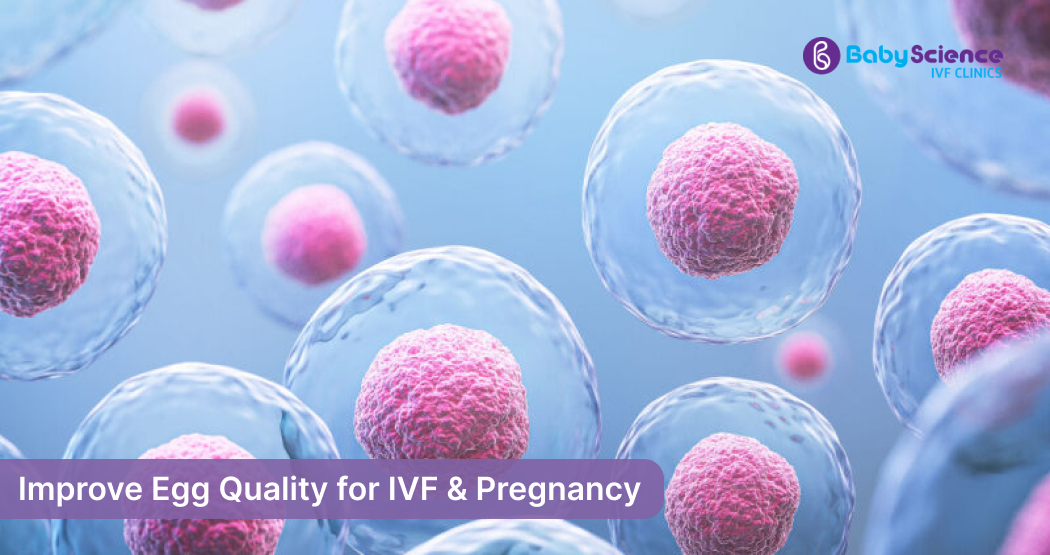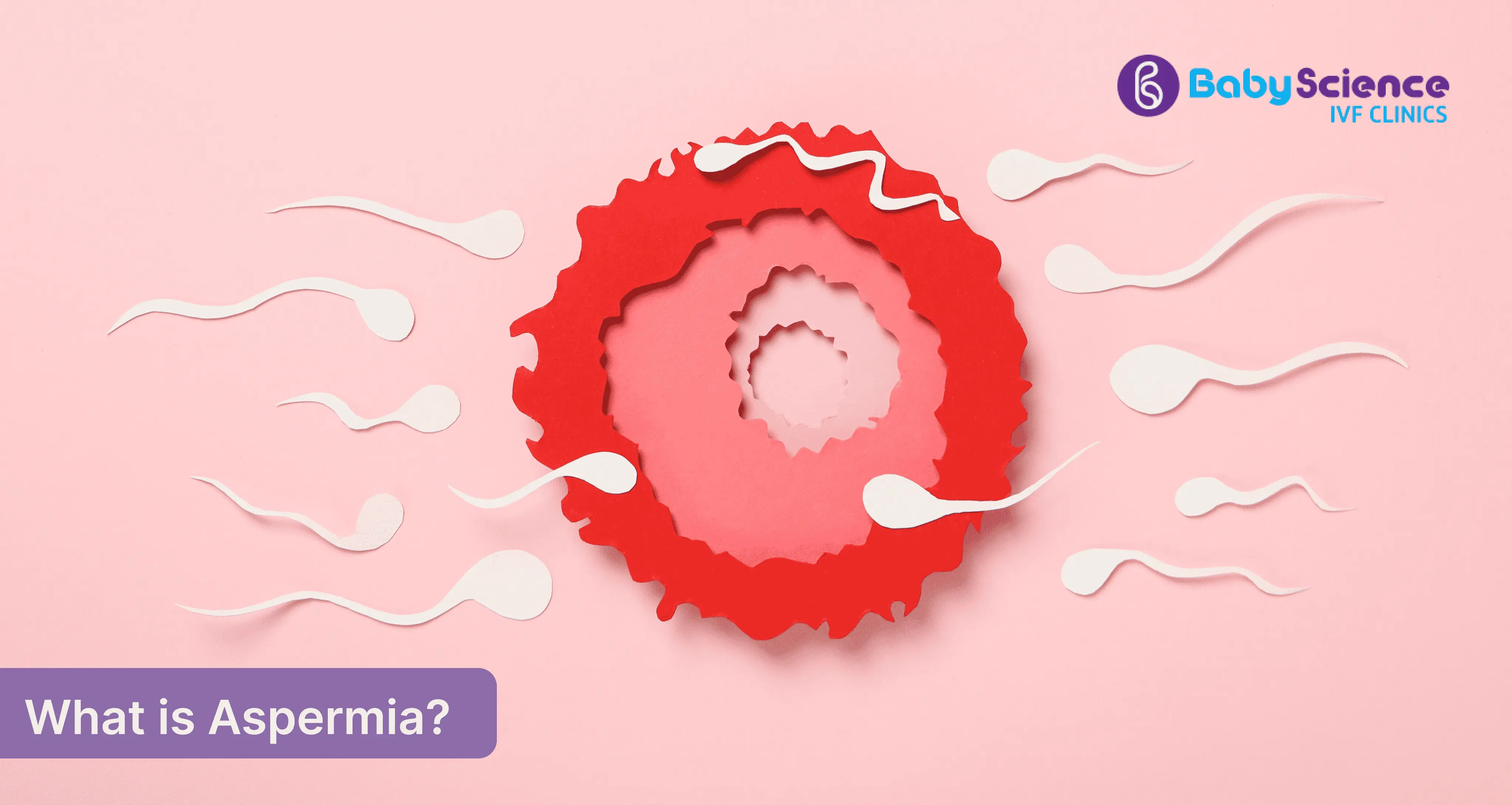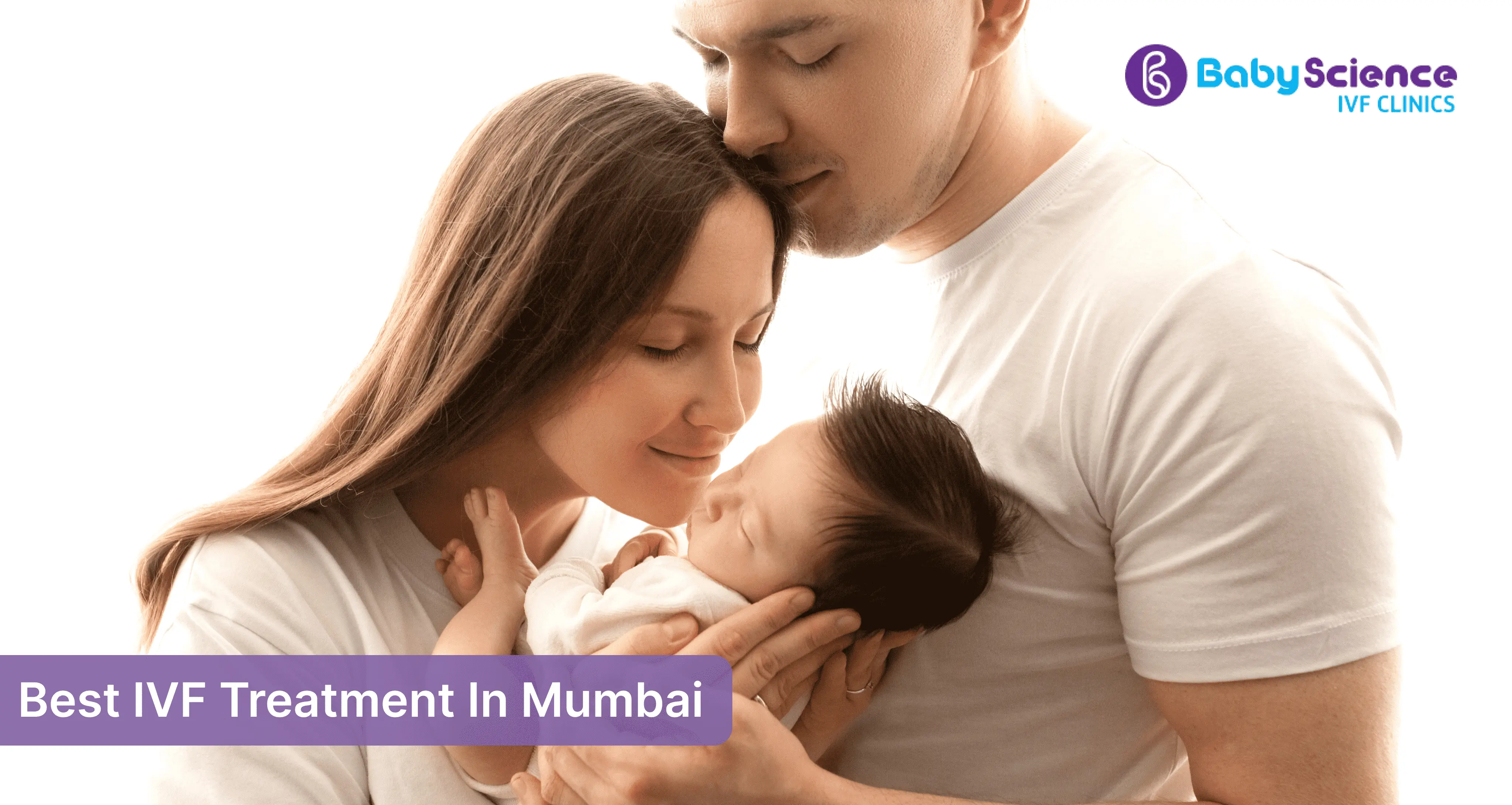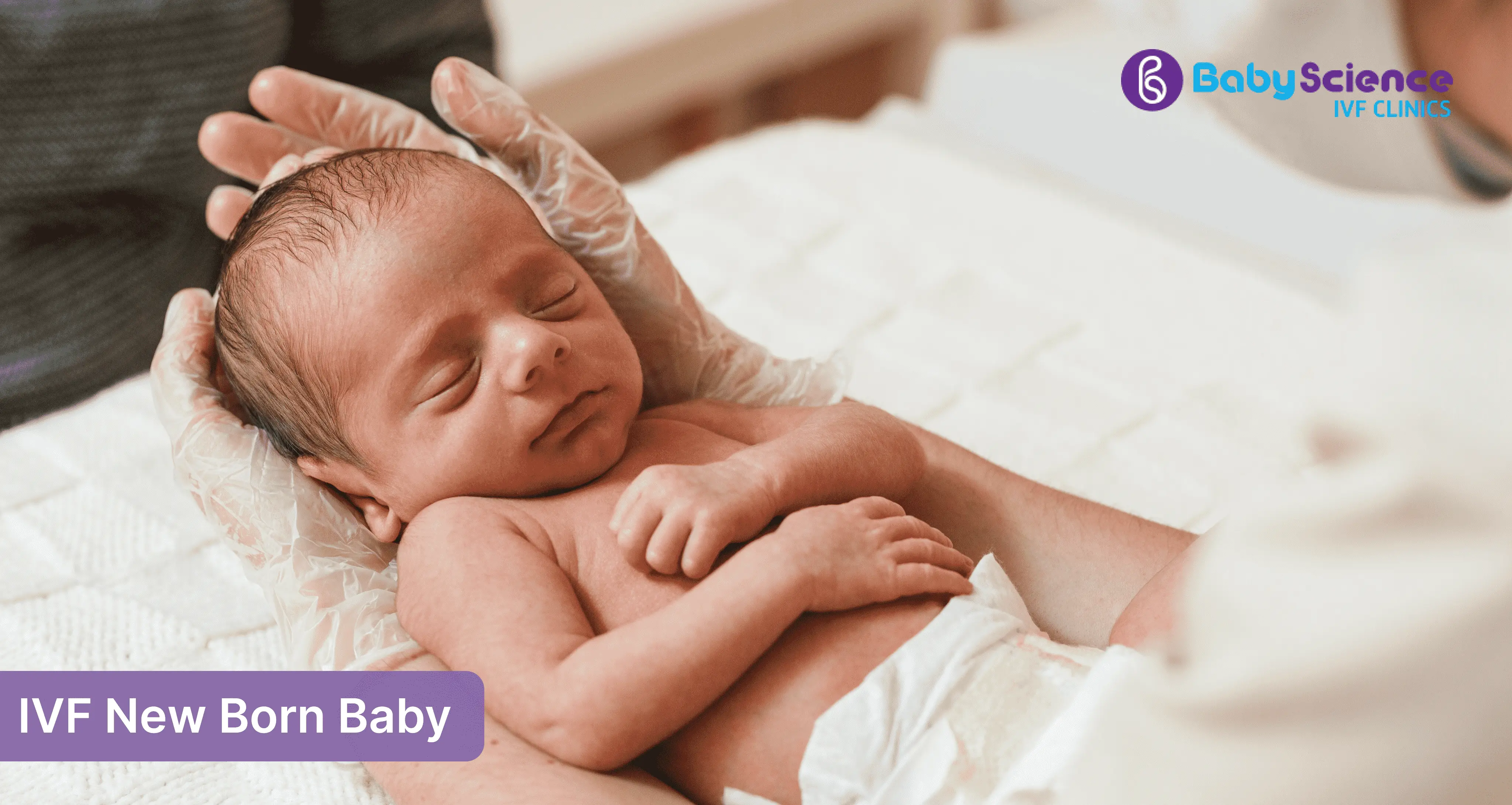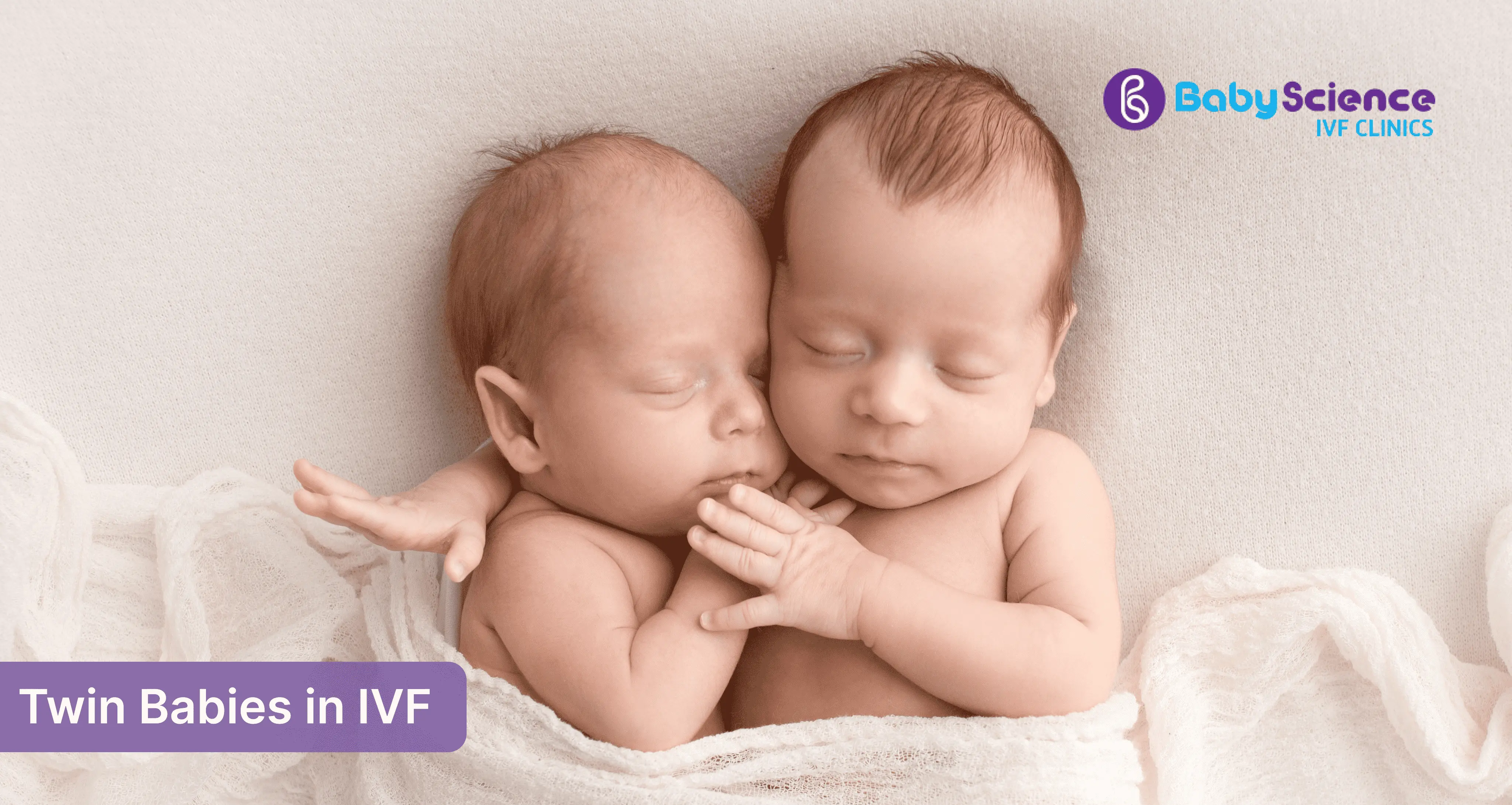
Understand the Chances of having Twins Babies with Baby Science IVF
Experiencing twins has become more common place in recent years, with research indicating a doubling of twins births over the last four decades. The escalating prevalence of twins pregnancies can be attributed, in part, to the advancements in IVF treatment . For women seeking fertility assistance, the chances of conceiving twins are notably higher with IVF compared to natural pregnancies. While the occurrence of twins in a regular pregnancy is approximately 6%, IVF significantly elevates the likelihood to up to 25%.
IVF stands as a beacon of hope for numerous infertile couples globally, offering a lifeline to those who have struggled to conceive through natural means. This groundbreaking medical procedure enhances a woman's prospects of pregnancy by facilitating the development of embryos (formed from the egg and sperm of the couple) in a state-of-the-art laboratory. Subsequently, the doctor carefully implants the embryo into the woman's uterus, where it takes root and matures.
What are the chances of twins with IVF?
Gynecologist and IVF Specialist , Dr. Indira Hinduja, sheds light on the probabilities, stating, "According to the Human Fertilization and Embryology Authority (HEFA), one out of five pregnancies may result in multiple births with IVF." This statistical trend often arises from the practice of inserting multiple embryos during IVF to enhance the chances of twins pregnancies. The increased likelihood of implanting more than one embryo onto the uterine lining is a contributing factor to the occurrence of twins pregnancies with IVF.
How Twin pregnancy can happen in IVF?
In IVF, you can increase the likelihood of having twins, even with just one embryo. When a single egg splits into two and forms two zygotes, it leads to what we call monozygotic twins. On the other hand, dizygotic twins happen when two separate eggs are involved. This can occur if two or more embryos are placed into your uterus during the IVF process.
What if I want to have a twin pregnancy with IVF?
Now, let's make it clear how IVF and having twins are connected. People who choose IVF sometimes want to have more than one baby.
- If parents are older, they might prefer having more than one baby through IVF.
- IVF can be expensive. Some couples worry that using only one embryo might not work, so they choose to use more than one at a time.
- Some couples specifically hope to have twins when they opt for IVF.
It's important to talk to your fertility expert about having more than one baby. They can explain the good and not-so-good things and help you understand the risks and benefits of having twins through IVF.
- If there are already twins in your family, your chances of having twins might be higher.
- Surprisingly, taller and overweight women are more likely to have twins, according to research.
- Studies suggest that women over 30, especially those near 40, are more likely to have twins through IVF.
- If you had trouble getting pregnant before and needed IVF, there might be a higher chance of having twins or more than two babies.
Benefits of Having Twins:
- Having twins means achieving a two-child family without undergoing separate pregnancies.
- Twins provide each other with constant companionship, reducing the need for undivided attention from parents.
- IVF twins mean avoiding additional expenses for another IVF cycle to have another child.

Risks Associated with Twin Pregnancy in IVF:
- Pre-eclampsia:
- Gestational Diabetes:
- Cesarean Section:
- Premature Birth:
- Low Birth Weight:
- Twin-Twin Transfusion Syndrome (TTTS):
- Intrauterine Growth Restriction (IUGR):
Increased risk, combining high blood pressure, swelling, and elevated protein levels.
Higher risk due to the larger size of babies, leading to potential complications.
Elevated chances of needing a C-section, with potential complications and longer recovery times.
Around 60% of IVF twins are born prematurely, increasing the risk of medical complications.
Over half of IVF twins have a birth weight below 2.5 kg, with potential health issues.
A risk for identical twins sharing a placenta, affecting blood flow.
Occurs when one or both babies do not grow at the expected rate, leading to various health complications.
At Baby Science IVF , our experts are here to help with any questions about having babies. Whether it's about problems with getting pregnant for men or women, we've got you covered. You can set up a free meeting with us to talk about it.

